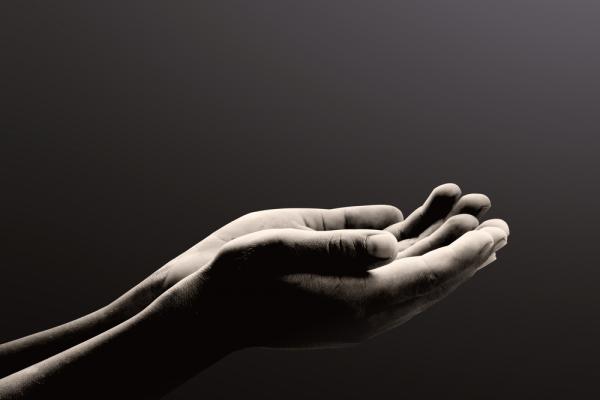Aug 11, 2015
When called to lead, Solomon didn’t seek his own glory, his own comfort, his own peace. Solomon sought the shalom of all his people. So, too, did the leaders above — and God said yes.
The movement to protect black lives gestated in the womb of our nation for years before Ferguson, but God birthed a movement in that place — in part because of wise and discerning leaders of faith.
May God help us all to enter the one year commemoration of Michael Brown’s death and the uprising in Ferguson, Mo., by reflecting on how we responded to God’s question a year ago: “What should I give you in the face of black death?”
Read the Full Article

Already a subscriber? Login
